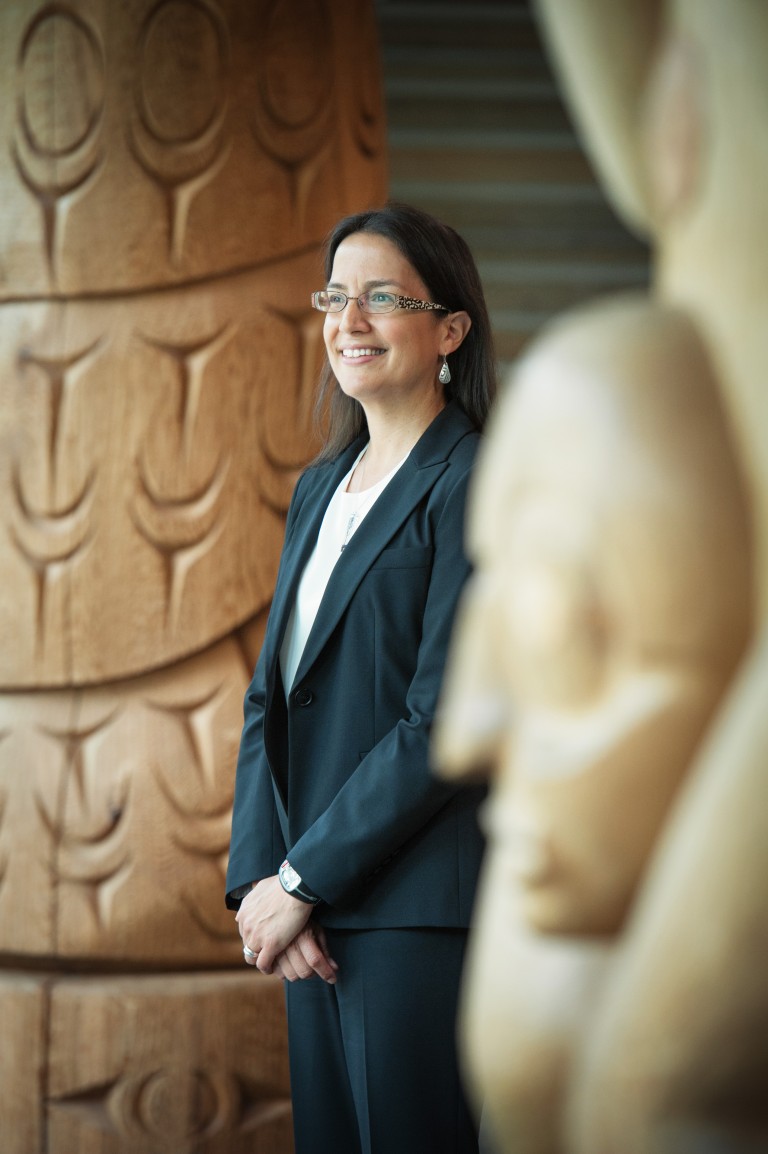Nadine Caron, an Associate Professor of Surgery and the first Aboriginal woman to earn an M.D. from UBC, will lead an innovative project to establish a biobank focused on people in northern British Columbia.
The collection of blood and tissue along with associated health information is path-breaking because biobanks are often located in large research hospitals in metropolitan cities, and therefore the population demographics captured differ greatly from that of northern, rural and Aboriginal communities. The Northern Biobank will be critical to understanding the nuances of these distinct populations to better develop health programs and improve health outcomes for the region.
The samples will be collected with donor consent, and under stringent ethical guidelines.
Dr. Caron, Co-Director of the UBC Centre for Excellence in Indigenous Health, is leading the project with support from GenomeBC, Northern Health, the First Nations Health Authority, the Provincial Health Services Authority, and the BC Cancer Foundation. The project totals $1.25 million, with each partner group contributing $250,000. The University of Northern B.C. (UNBC) is the lead academic institution.
“Having a local biobank means that people of the North can contribute keep pace with and benefit from the rapid advances being made in precision medicine,” said Dr. Caron, a surgeon in Prince George who teaches medical students in the Northern Medical Program, a partnership between the UBC Faculty of Medicine and UNBC. “This project will allow us to optimize our understanding of our northern and First Nations, Aboriginal patient populations and inform the approaches best suited for our community. It will also better enable this community to contribute to large-scale research happening across the province and nationally.”
Northern Biobank Initiative Phase 2 will make it easier for local patients to choose to participate in research happening across the province and country. Initial areas of focus will likely include colorectal, breast and thyroid cancer with the capability to add other complex diseases. The Northern Biobank Initiative will be able to work together with other large-scale biospecimen collections in B.C. and across Canada.
“As we move forward with our comprehensive technology strategy, it’s clear that British Columbians continue to benefit from research going on in their home communities,” said B.C. Minister of Health Terry Lake. “And now, the North has an opportunity to learn from on-the-ground work being conducted to identify health impacts over the long term.”
